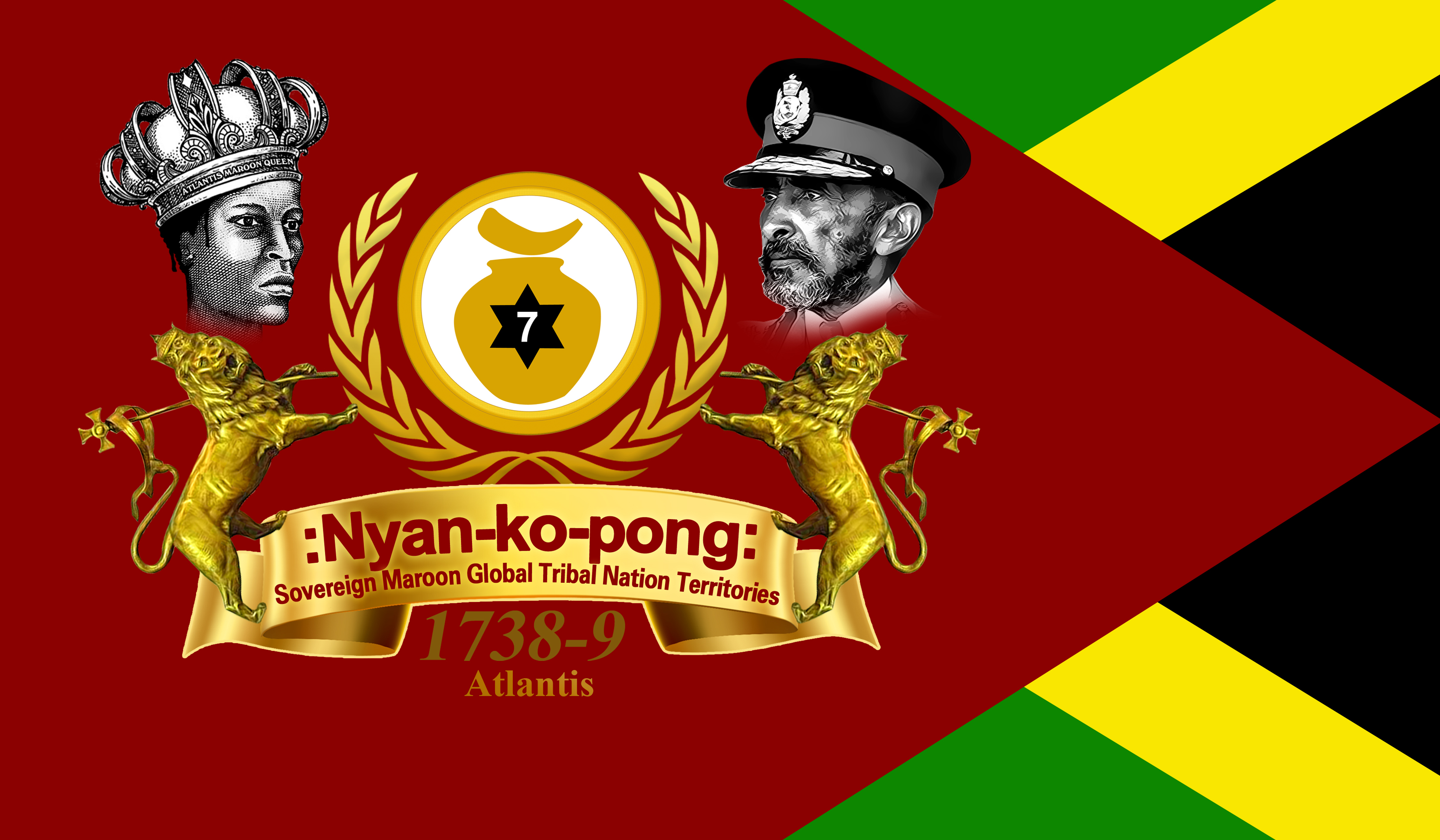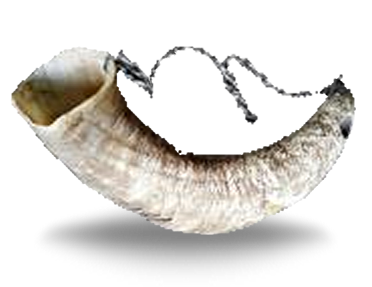|
|

:Nyan-ko-pong:
Sovereign Native Maroon Chief Ministry of Justice | Global Maroon
Disclaimer |
|
:Nyan-ko-pong:
Global Maroon Tribal Nation Territories | :Nyan-ko-pong:
Global Maroon
Constitution |
:Nyan-ko-pong:
Global
Maroon
Ministries
| Join
:Nyan-ko-pong:
Global Maroon Tribal Nation Territories |
|
|
About
:Nyan-ko-pong:
Global Maroon Tribal Nation Territories | |
|
|
|
|
|
:Nyan-ko-pong:
Global Maroon
Disclaimer |
Be it know to
all and any interested, affected or concerned parties
that :Nyan-Ko-Pong: Sovereign Maroon Government do
hereby revoke our consent to be governed and honorably
declare that we have reclaimed our unalienable rights as
Sovereign living beings.
|
|
|
|
|
|
|
Any individual in possessions of their
:Nyan-ko-pong: Maroon identification has been identified as
"Tribal" and is therefore protected under international instruments,
in particular those related to human rights, in consultation
and cooperation with these peoples.
|
https://maroongovernment.world/
|
|
Provisions
supporting this Global Maroon Identification
Documents
|
|
Benefits of Maroon
Identification towards
:covid-19: lockdown restrictions and :vaccine: regulations as stated in
The United Nations
Declaration on the Rights of Indigenous People.
Article 2.
Indigenous peoples and individuals are free and
equal to all other peoples and individuals and
have the right to be free from any kind of discrimination, in the exercise of their rights, in particular
that based on their indigenous origin or identity.
Article 7-2.Indigenous peoples have the collective right to
live in freedom, peace and security as distinct
peoples and shall not be subjected to any act of
genocide or any other act of violence, including
forcibly removing children of the group to another group.
Article 8-1.
Indigenous peoples and individuals have the
right not to be subjected to forced assimilation
or destruction of their culture.
Article 8-2.
States shall provide effective mechanisms for
prevention of, and redress for:
(a) Any action which has the aim or
effect of depriving them of their integrity as distinct peoples, or
of their cultural values or ethnic identities;
(b) Any action which
has the aim or effect of dispossessing them of their lands,
territories or resources;
(c) Any form of forced population transfer
which has the aim or effect of violating or undermining any of their
rights;
(d) Any form of forced assimilation or integration;
(e) Any
form of propaganda designed to promote or incite racial or ethnic
discrimination directed against them.
Article 9. Indigenous peoples and individuals have the right to
belong to an indigenous community or nation, in accordance with the
traditions and customs of the community or nation concerned. No
discrimination of any kind may arise from the exercise of such a
right.
Article 14 - 1.
Indigenous peoples have the right to establish and
control their educational systems and institutions providing
education in their own languages, in a manner appropriate to their
cultural methods of teaching and learning.
Article 15 -
1. Indigenous peoples have the right to the dignity and diversity of
their cultures, traditions,
histories and aspirations which shall be appropriately reflected in
education and public information.
Article 15 - 2.
States shall take effective
measures, in consultation and cooperation with the indigenous
peoples concerned, to combat prejudice and eliminate discrimination
and to promote tolerance, understanding and good relations among
indigenous peoples and all other segments of society.
Article 17
- 1.
Indigenous individuals and peoples have the right
to enjoy fully all rights established under applicable international and domestic labour law.
Article 17 - 2.
States shall in consultation and cooperation with
indigenous peoples take specific measures to protect indigenous
children from economic exploitation and from performing any work
that is likely to be hazardous or to interfere with the childs'
education, or to be harmful to the childs' health or physical,
mental, spiritual, moral or social development, taking into account
their special vulnerability and the importance of education for
their empowerment.
Article 18.
Indigenous peoples have the right to participate
in decision-making in matters which would affect their rights, through representatives chosen by
themselves in accordance with their own procedures, as well as to
maintain and develop their
own indigenous decision-making institutions.
Article 22 - 2. States shall take measures, in conjunction with
indigenous peoples, to ensure that indigenous women and children
enjoy the full protection and guarantees against all forms of
violence and discrimination.
Article 24 - 1.
Indigenous peoples have the right to their traditional
medicines and to maintain their health practices, including the
conservation of their vital medicinal plants, animals and minerals.
Indigenous individuals also have the right to access, without any
discrimination, to all social and health services.
Article 33 - 1.
Indigenous peoples have
the right to determine their own identity or membership in
accordance with their customs and traditions. This does not impair
the right of indigenous individuals to obtain citizenship of the
States in which they live.
United Nations -
Declaration on the Rights of Indigenous People
The United Nations
Declaration on the Rights of Indigenous People is the most
comprehensive international instrument on the rights of indigenous
peoples as it establishes a universal framework of minimum standards
for the survival, dignity and well-being of the indigenous peoples
of the world and it elaborates on existing human rights standards
and fundamental freedoms as they apply to the specific situation of
indigenous peoples.
More information about the
United Nations Declaration on Rights of Indigenous People, click
here >>> |
|
|
|
|
Benefits of Maroon
Identification towards
:covid-19: lockdown restrictions and :vaccine: regulations as stated in
The United Nations
International Labor Organisation Conventention No. 169.
( Soon to be
updated.) #UnderConstruction
United
Nations -
International
Labour
Organisation
Convention on Indigenous People No. 169
(The
76th Session)
The International Labour
Organization Convention 169 on Indigenous Peoples is a
legal instrument that contains 46 articles setting minimum standards
of respect for the cultures, forms of
life, traditions, the rights including the ownership of their lands,
the natural resources of their territories, preserving their
traditional knowledge, self determination, prior consultation and customary law of indigenous peoples.
Founded on the principle that these structures and forms of life
have an intrinsic value that needs to be safeguarded. It was
adopted
as an international treaty on 27th June 1989 and ratified by
Colombia through Law 21 of 1991
is based on respect for the cultures and
the lifestyles of indigenous, tribal peoples and recognizes their
right to define their own development priorities. Its two basic
postulates are:
1. their right to maintain and strengthen their cultures,
lifestyles and institutions; and,
2. their right to participate effectively in decisions that
affects them.
More information about the
United Nations International Labour Organization Convention on Indigenous People
No. 169, click
here >>>
|
|
|
Any individual in possessions of their
:Nyan-ko-pong: Maroon identification has been identified as
"Tribal" under international instruments, in particular those related to human rights, in consultation and cooperation with these peoples and
by; 46 articled provisions in The United Nations Declaration on the Rights of Indigenous Peoples, The General Assembly guided by the purposes and principles of
The Charter of the United Nations, good faith in the
fulfillment of the obligations assumed by States in accordance with the Charter,
The :Nyan-ko-pong: Maroon Constitution and 44 articled provisions made by
The General Conference of The International Labor Organisation at the seventy-sixth session (No. 169) of
The Indigenous & Tribal Peoples Convention, adopted on 27th June, 1989 by
The General Conference of The International Labor Organisation convened in Geneva by the Governing Body of
The International Labor Office and entered into force on the 5th of September 1991. |
|
|
"Calling attention to the
respect for indigenous knowledge, the distinctive
culture, traditional practices for a
sustainable/equitable development and proper
management of the environments' diversity; the
social and economical harmony of humankind, to
international co-operation and understanding, that
all doctrines, policies and practices based on or
advocating superiority of peoples or individuals on
the basis of national origin or racial, religious,
ethnic or cultural differences are racist,
scientifically false, legally invalid, morally
condemnable and socially unjust." |
|
|
|
His
Excellency Maroon Emperor & Chief High Priest Horus LA Lewis El Bey,
Atom Rah, Holi s.e.e |
|
|
|
|
|
What is a
Global Maroon Disclaimer
and why is it important?
A Global Maroon Disclaimer is a statement of achievement to be pursued
in a spirit of partnership and mutual respect, solemnly proclaiming
international status as indigenous denying responsibility to a
standard or situation.
Affirming that indigenous peoples are equal to all
other peoples, while recognizing the right of all
peoples to be different, to consider themselves
different, and to be respected as such, affirming also that all peoples contribute to the
diversity and richness of civilizations and cultures,
which constitute the common heritage of humankind, provisions have been framed
with the co-operation of the Charter of the United Nations, the
International Covenant on Economic, Social and Cultural Rights and
the International Covenant on Civil and Political Rights, as well as
the Vienna Declaration and Programme of Action, affirm the
fundamental importance of the right to self-determination of all
peoples, by virtue of which they freely determine their political
status and freely pursue their economic, social and cultural
development, the United Nations, the Food and
Agriculture Organisation and the World Health Organization, as well
as the Inter-American Indian Institute, at appropriate levels and in
their respective fields, as it has been proposed to continue the
co-operation in promoting and securing any individual identified as
"Tribal" by the continued application of these provisions any
violation of these provisions
will result
in lawsuit no lesser than Fifty-Five Million Dollars or imprisonment
by a local or
international court.
|
|
|
|
|
|
Other
Document |
|
|
|
Article 16 - 1.
Indigenous peoples have the right to establish their
own media in their own languages and to have access to all forms of
non-indigenous media without discrimination.
|
|
|
Article 46 - 3.
The provisions set forth in this
Global Maroon Disclaimer shall be
interpreted in accordance with the principles of justice, democracy,
respect for human rights, equality, non-discrimination, good
governance and good faith. |
|
|
United Nations
Declaration on the Rights of Indigenous Peoples |
( Download/View Document) |
|
|
|
|

:Nyan-ko-pong: Sovereign
Native Maroon Chief Ministry of Justice
+1(876)669-3330 / +1(876)784-5810 / +1(876)773-4594
Email
information@maroongovernment.world
Xaymaca, Office
96 :Constant Spring Road: Central:
Kingston: 10
:Xaymaca:
Greater Antilles, The Americas, Alantis.
Social Media
ON
TWITTER |
ON FACEBOOK |
ON INSTAGRAM
|
 Page Visitors
Page Visitors
| |